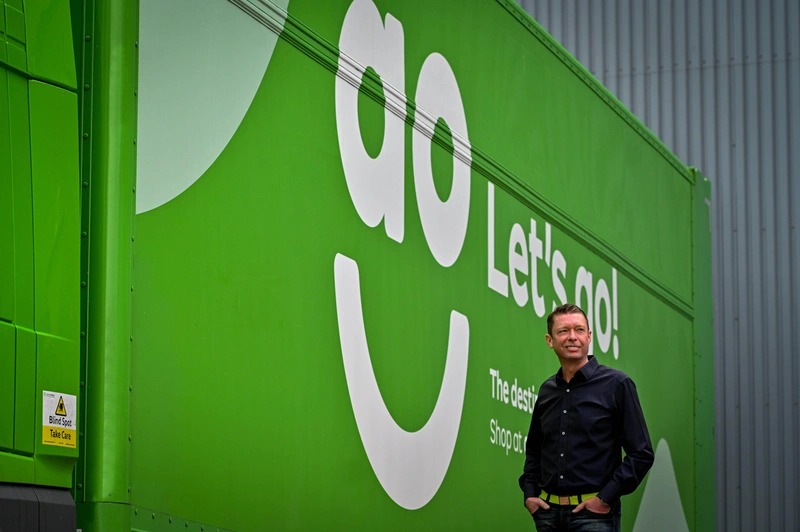The online retailer of electrical goods remains capable of announcing pre-tax profits of £13 million in the first half of the year, thanks to successful cost-cutting measures
AO World faces declining mobile phone sales due to consumer hesitance amid a cost of living crisis, technological stagnation, and pricier network contracts. In the last six months, UK consumers purchased 13% fewer contracted handsets, resulting in AO’s mobile phone business experiencing a loss. Analysts estimate this downturn could impact the company’s annual profits by approximately £4m. Despite a 12% decrease in total sales to £482m, AO reported pre-tax profits of £13m in the first half, a turnaround from the £12m loss the previous year, attributed to cost-cutting measures and discontinuation of unprofitable items.
Despite the setback in mobile phone sales, AO anticipates profits of up to £33m, surpassing the earlier guidance of £28m. This success is attributed to strategic measures such as implementing delivery fees on all items and reducing promotional activities. However, the company now projects a 10% decline in full-year sales, a shift from the previously estimated fall of about 2.5%.
John Roberts, AO’s CEO and co-founder, noted that consumers are retaining their phones to save money, citing a diminishing innovation curve in products. He emphasized that, in times of economic strain, phones are perceived as costly items, leading households to prioritize other needs over phone replacements.
Roberts stated that AO’s overall sales would continue to decrease until early next year as the company continued to eliminate unprofitable product lines and strategically adjusted its market share. He anticipated a sales upturn in early 2024, leveraging the 3.5 million additional customers acquired during the pandemic, supported by positive reviews of AO’s service and advertising.
He highlighted that consumers were still purchasing items deemed essential, like air fryers, perceived as more cost-effective than traditional ovens, while showing reduced interest in large TVs.
He mentioned that although inflation was showing signs of easing, the costs of technology were on the rise. The company was mindful of the potential for additional inflation if the situation in Gaza deteriorated, potentially leading to increased fuel and energy prices.
